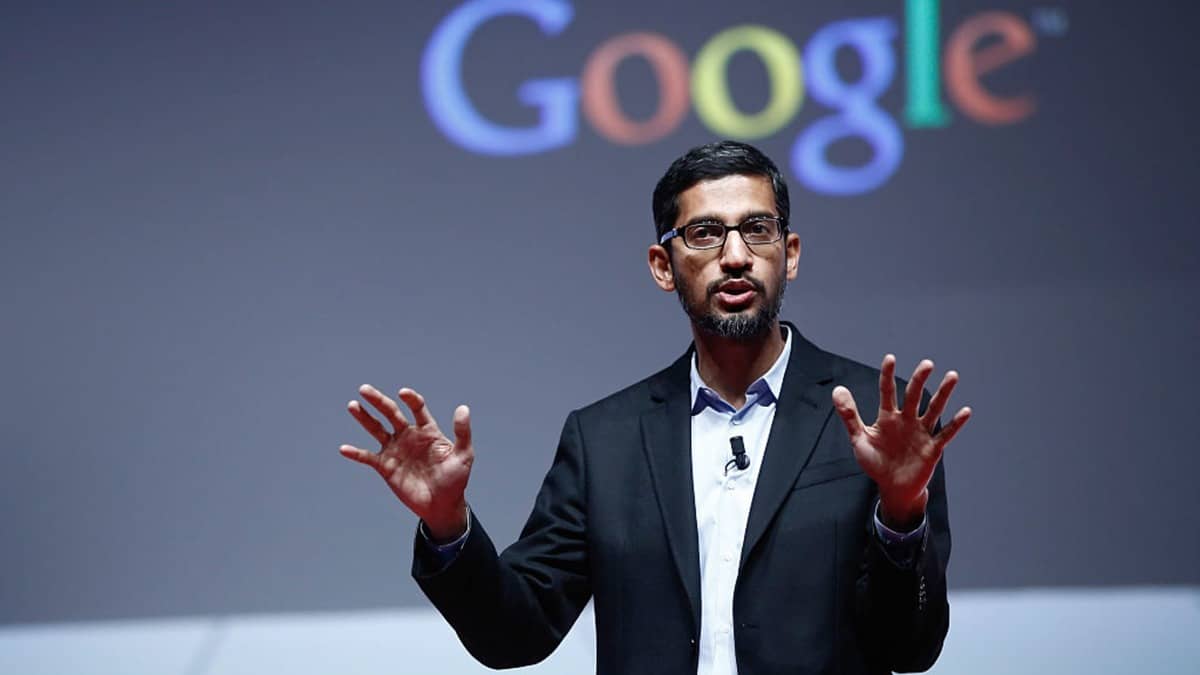In response to the Department of Justice’s (DOJ) antitrust case, Google has proposed a set of remedies that aim to address concerns about its dominance in the search engine market without breaking up its core businesses like Chrome or Android.
Google’s Proposal
Google’s counteroffer focuses on altering its agreements with partners rather than selling off key products. The company suggests:
- Unbundling licenses for Chrome, Search, and Google Play from preinstallation of other apps like Google Assistant or Gemini AI.
- Allowing multiple deals for default search placement across various platforms and browsers, revisited annually.
- Blocking exclusivity deals linking licenses for its services for three years.
The proposals aim to address the DOJ’s findings that Google’s contracts with companies like Apple, Mozilla, and Android phone manufacturers were anti-competitive.
DOJ’s Initial Remedies
The DOJ’s suggested solutions included more drastic measures, such as forcing Google to sell Chrome or Android and sharing its search data with competitors to restore competition.
Next Steps
Google plans to submit a revised proposal by March 7, 2025, ahead of a two-week trial in April. The company is also appealing Judge Amit Mehta’s ruling, which labeled Google as a monopolist maintaining its dominance through anti-competitive practices.
This ongoing legal battle could have significant implications for how Google operates its ecosystem and its relationships with partners in the tech industry.












Leave a comment